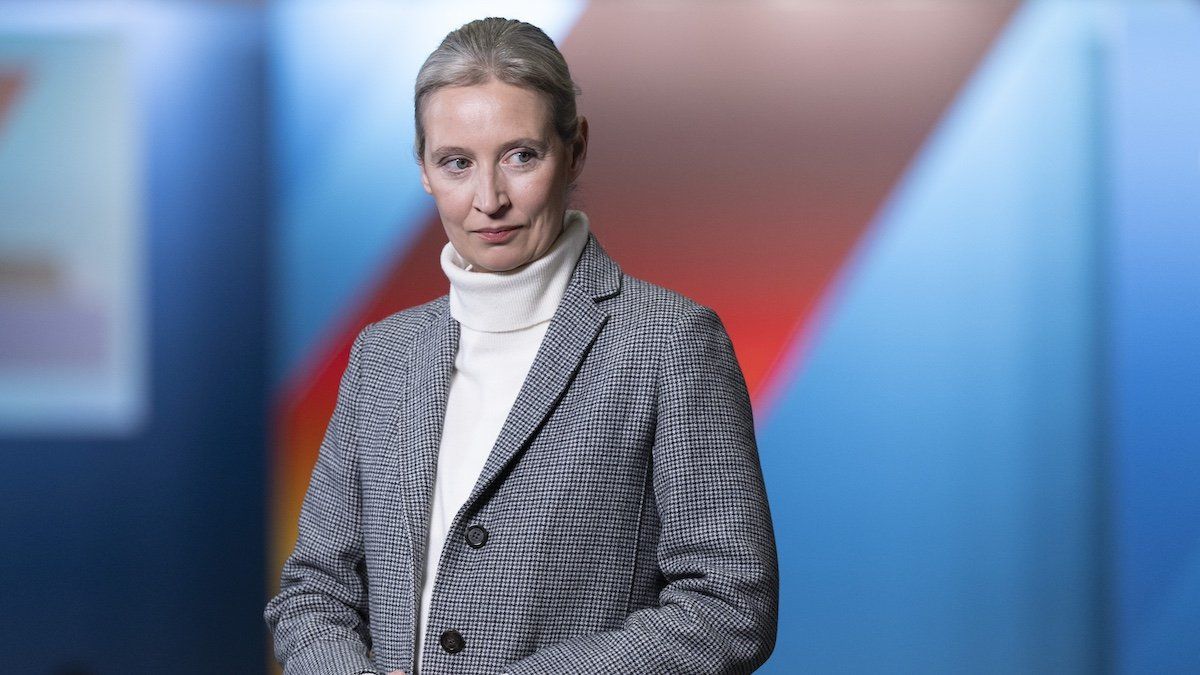European media is abuzz with a new term embraced by Alternative for Germany, or AfD, party chair Alice Weidel during her disturbing speech at the far-right party’s leadership conference on Saturday: “remigration.” AfD has surged to second place in national polls ahead of Germany’s Feb. 23 election – following four years of anemic growth and ineffective government. The party has also enjoyed support from American right-wingers like Elon Musk, who streamed Weidel’s speech on his social media.
What is “remigration”? A term popularized in the German-speaking world by Austrian neo-Nazi Martin Sellner, it refers to forcibly removing immigrants who refuse to integrate with German culture, regardless of their citizenship status. In other words, a German of Turkish or Syrian descent, born and raised in the country, could be expelled, though just how the scheme would work is not clear.
Eagle-eyed readers will recognize this as ethnic cleansing in a fancy dress, and given Weidel’s attempts to portray herself as electable, her embrace of the term is striking. She may have felt emboldened by the AfD’s state-level victories in September in Thuringia, where reactionary Björn Höcke ran the show. Notably, Weidel’s crowds have taken to chanting “Alice für Deutschland!” — a deliberate homophone of the banned Nazi slogan “Alles für Deutschland!”
Will AfD take power? Probably not — they’re 10 percentage points behind the center-right Christian Democratic Union, and they are reviled by all other parties. But given how strongly the far right is performing in Europe, the party’s agenda can push political discourse further to the right. In addition to remigration, Weidel wants to close Germany’s borders, quit using the Euro, and start buying Russian gas.
Even if the AfD loses, it will have its largest-ever voice in the Bundestag. The CDU will need a coalition, but negotiations with the next largest parties are likely to be fraught. We’re watching for extended gridlock in Berlin.
